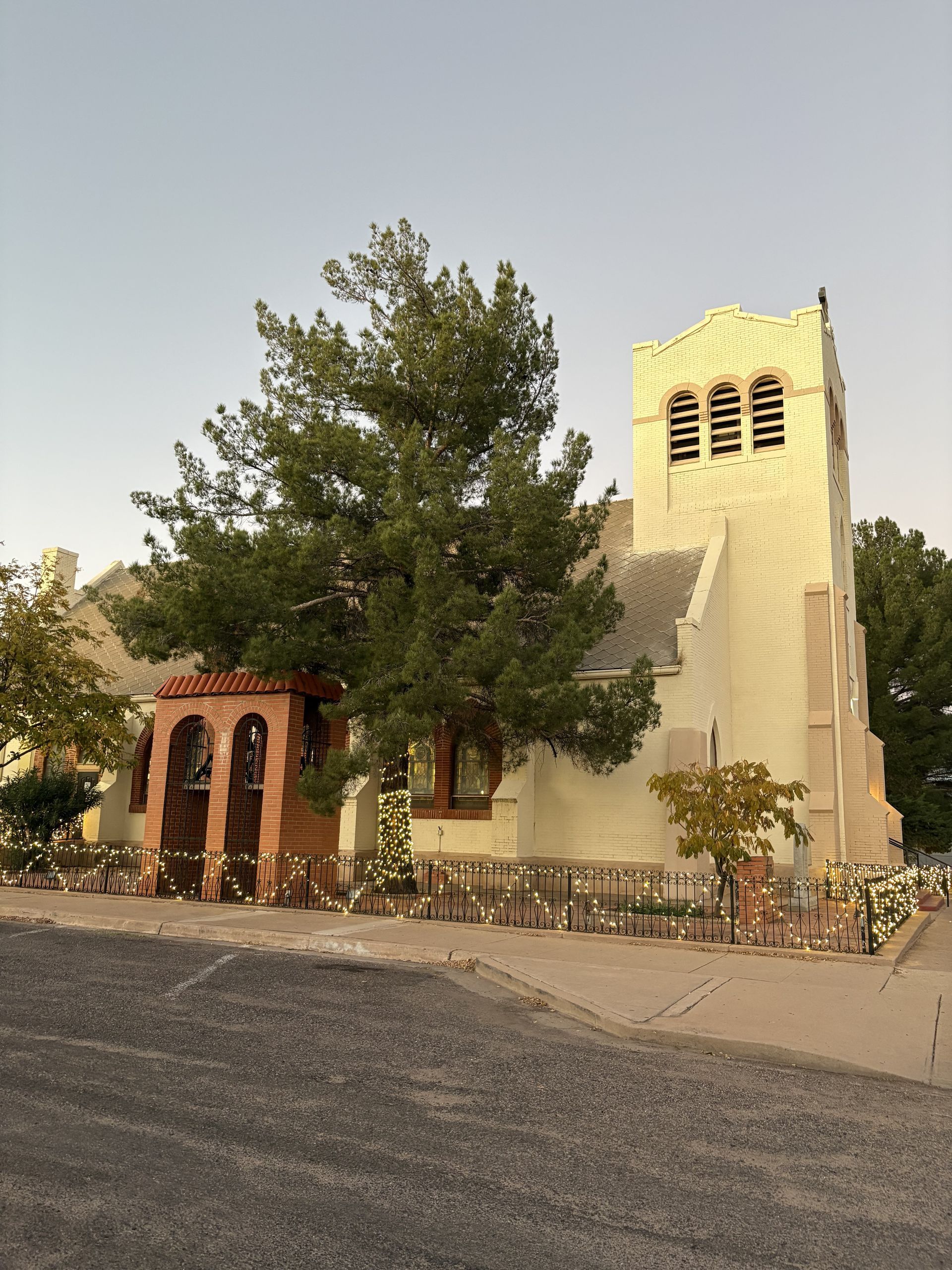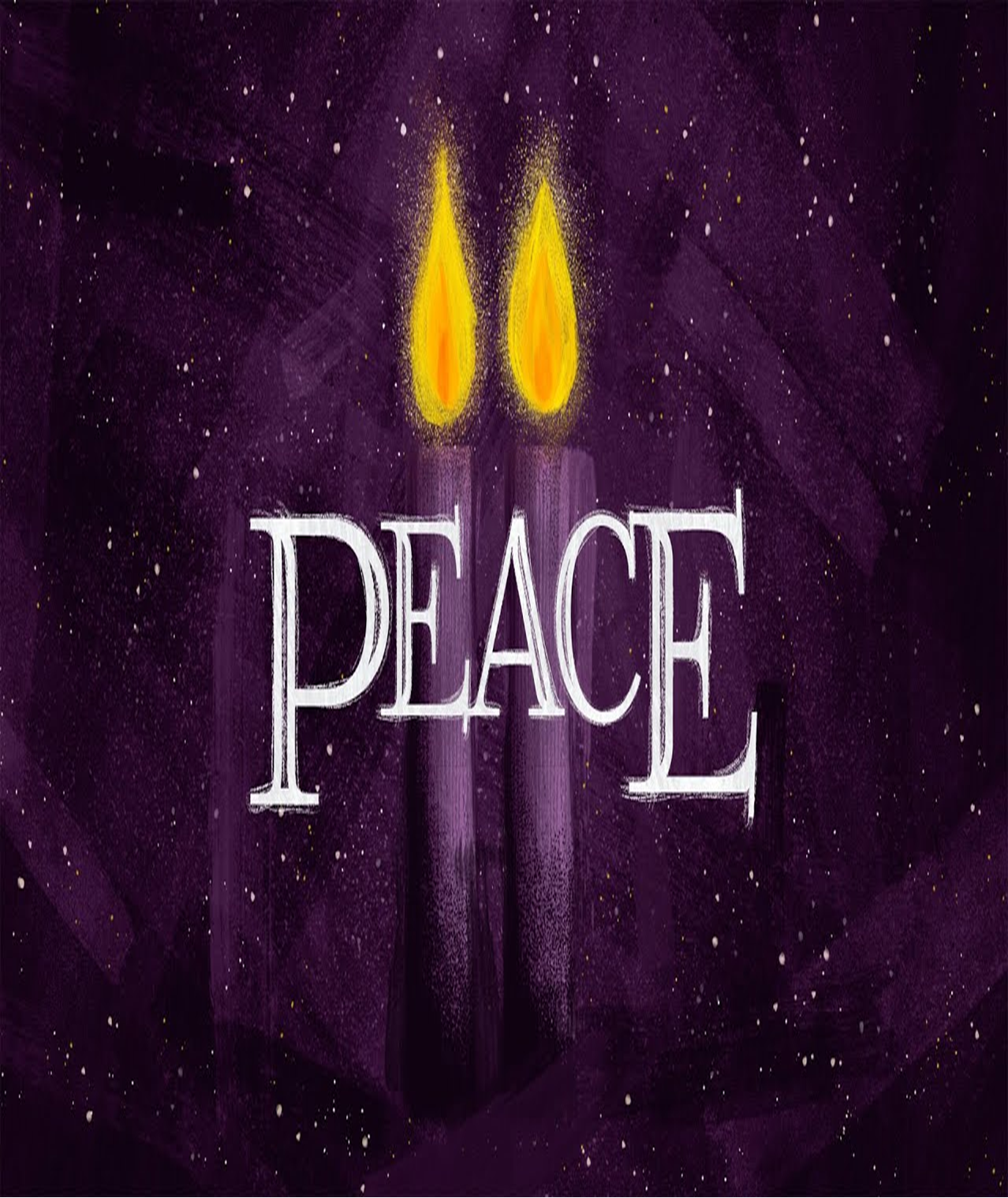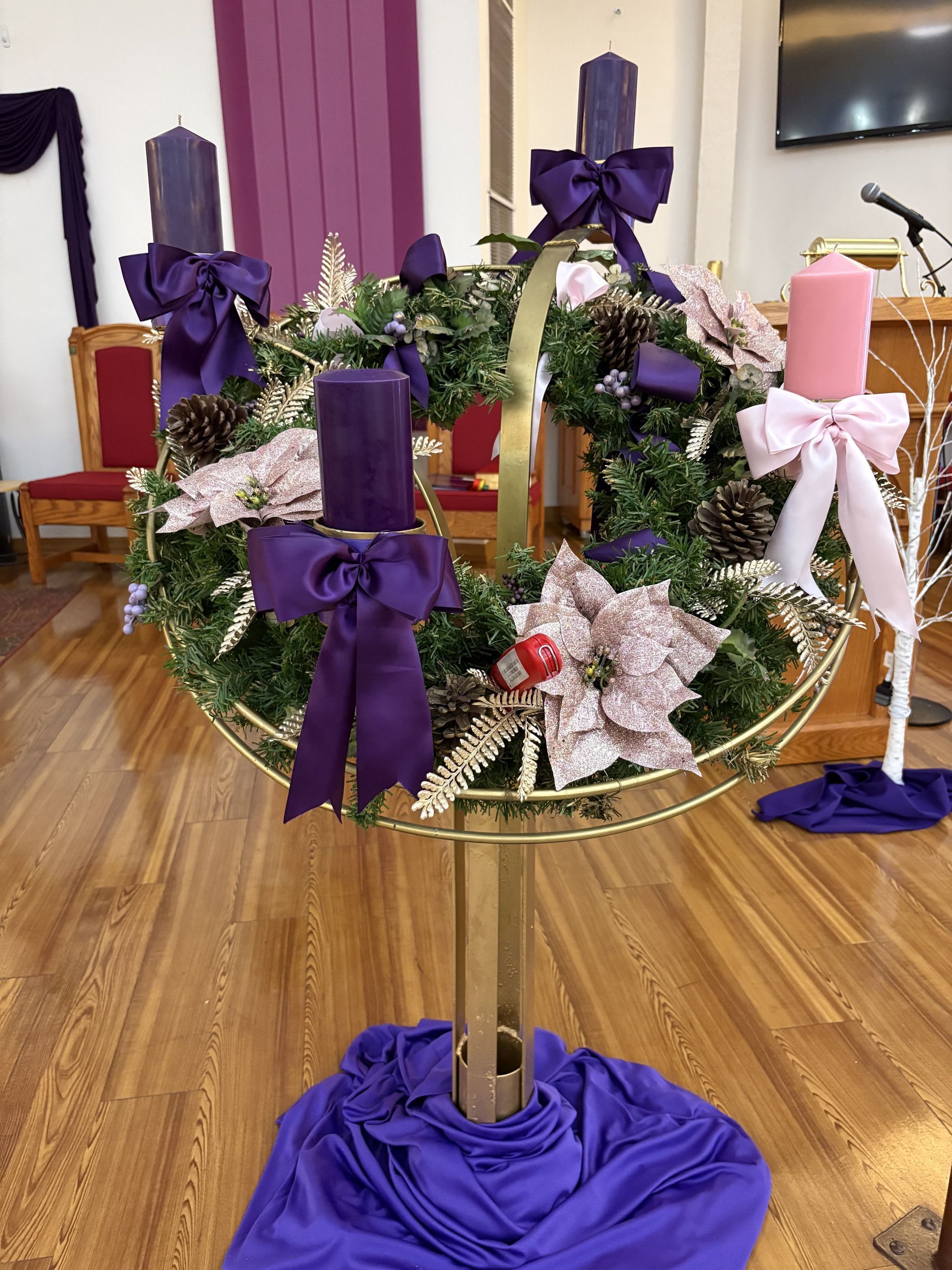As seen and heard in social media and real-life stories, humility is the mark of a great and holy person. Sirach says, “My child, conduct your affairs with humility, and you will be loved more than a giver of gifts. Humble yourself the more, the greater you are, and you will find favor with God.” The hallmark of the just is humility before God which begins with the fear of the Lord and the acknowledgment of sinfulness. We are told they will be blessed even more.
A humble person is a rare breed. In a world where many seek the limelight for its own sake, humble people transform society in subtle ways. I can’t tell exactly where to hunt and spot them, but evidently not in political campaigns, where inflated egos come in different shapes and sizes. To be humble is to have a mastery of thy self. A humble person is deeply spiritual, profoundly practical and yet, inexplicable. Humble people clearly know how to listen quietly and attentively, put the goodness of others ahead of themselves and take responsibility for their failures. They are feedback junkies. They know their limits, accept mistakes, are aware that some things are beyond their control, and take the blame. They discard any hint of arrogance. If you ever wonder from where the source of this penultimate energy flows, it is within, in the inner life of an individual.
I have great respect and admiration for people who remain humble in successes and accomplishments by giving credit to the sacrifices of the people behind them; the tireless support of the institution and the development of a well-organized program that cater to their needs but above all, to their faith, to God, the author and source of life.
When Jesus told the hustling guests jockeying for a comfortable and prominent seat to instead occupy a humbler location, He did it to strike a case for God's guest list. The Gospel then isn't about table manners and etiquette, but how to get an entry into God's dinner party. "For everyone who exalts himself will be humbled but the one who humbles himself will be exalted" (Luke 14: 11). If you wish to be invited, humility is your gate pass. This virtue denotes a “recognition” of abilities in the sight of God, and not its denial. I am just a poor individual. I'll stay in this little corner in order to be seen and hope to get an upgrade. That gesture is false humility. Pride, the root of all the vices, is the exact opposite of it. It promotes the ego and excessively regards the self as superior to God, and better than anybody else. It's worth noting that the humble, the unassuming and the unpretentious will be ahead in the end of time. Towards the end, Jesus blatantly said to the host not to invite those who can repay but the ones who can offer nothing in return: the poor, the crippled, the lame and the blind-a remarkable sign of Christian identity. This message is an overturning of our cultural understanding, age-old practices and standard protocols, which if met with a frown of disapproval and disbelief it wouldn't be much of a surprise, considering the content.
St. Teresa of Calcutta, a Nobel peace prize winner, canonized on September 4, 2016 by His Holiness Pope Francis, was an epitome of humility. She wasn’t afraid or scared. She took the lowest seat. She showed us what it meant to have a missionary spirit by going out in the streets to take care of the needy, the lame, the blind and the crippled-the ultimate expression of the verse “for all who exalt themselves will be made humble, while all who humble themselves will be made great.”
Faith and Life are a constant invitation to a public banquet where the poor and disabled-the very people from whom we tend to dissociate ourselves must have the priority over our loved ones and acquaintances. Crazy as that can be, we’re asked, in our little ways, to show an act of kindness and humility.
Last Wednesday, we celebrated the memorial of a great bishop and doctor of the church, St. Augustine, whose famous line in his Confessions states: “You have made us for thyself, O Lord; our hearts are restless until they rest in you.” His confessions made him a spiritual giant by inscribing what many of us can’t express in words. With a deep sense of humility and candor, he shared his religious struggles in light of the truth and beauty of God. Amen.



